On May 11, the State Bank of Vietnam (SBV) and the World Bank (WB) jointly organized a seminar on "The role and experience of the Central Bank in promoting green credit".
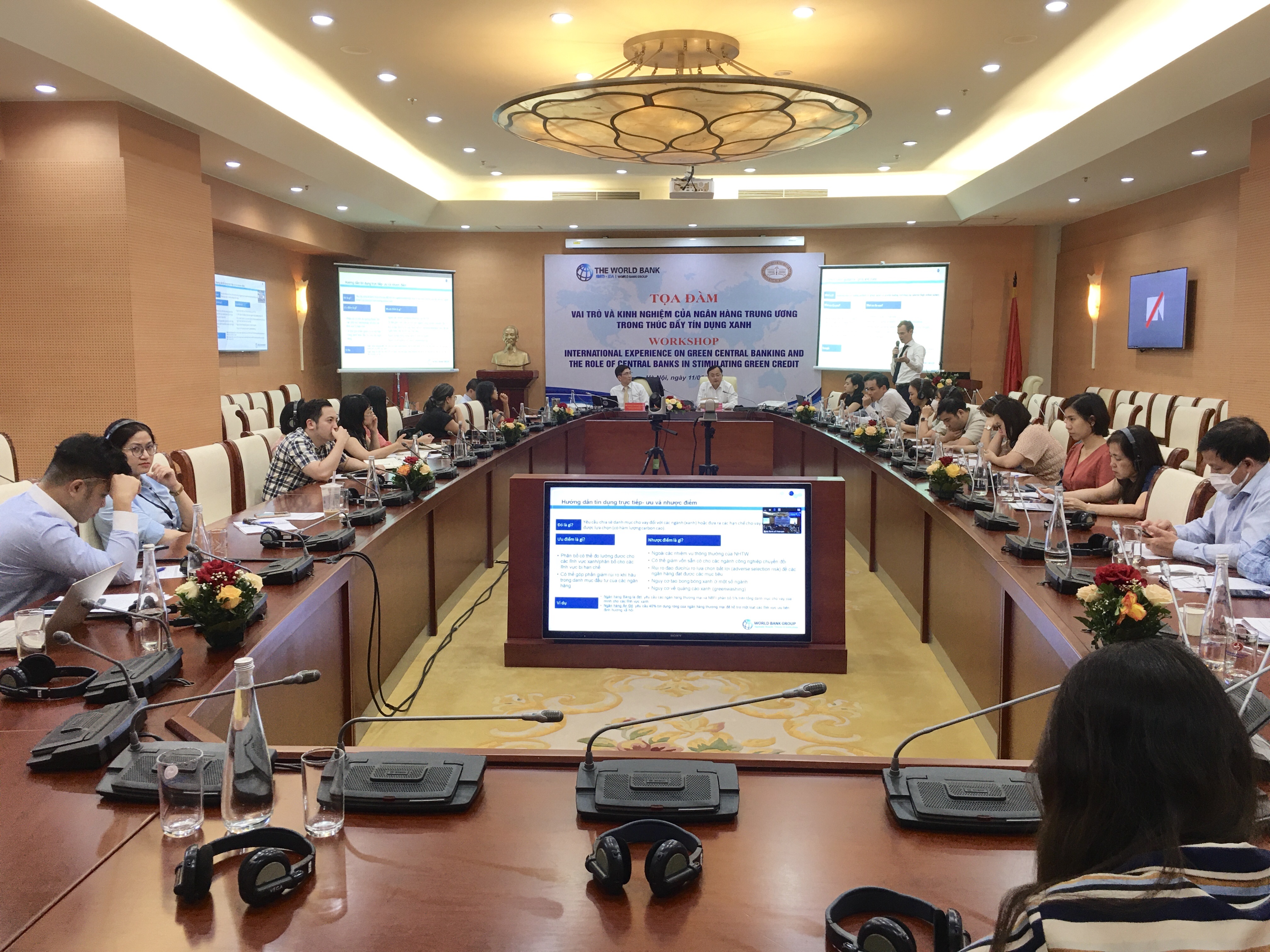 |
| Overview of the discussion. |
Mr. To Huy Vu, Director of the Department of International Cooperation (SBV), said that in recent times, Vietnam has proactively and actively participated in international commitments on green transformation, reducing greenhouse gas emissions towards sustainable development goals, and committed to bringing net emissions to "0" by 2050 at the COP26 Conference and the Political Declaration on establishing the Partnership for a Just Energy Transition.
In the context of the urgent need to combat climate change, with political commitments and declarations to the international community, the Government is quickly implementing a series of actions towards a low-carbon economy , energy transition and assigning the State Bank to mobilize resources for green growth, review and perfect the legal framework on green credit, policy mechanisms and sanctions to facilitate green credit growth, research and build a green banking development model, Mr. To Huy Vu informed.
Monitoring the policy issuance process to promote green credit and green banking, Mr. Martijn Regelink, Senior Finance Specialist of the World Bank, affirmed that the role of the Central Bank in promoting green credit and greening the banking sector is very important. Currently, government agencies, ministries, sectors, including the State Bank of Vietnam have been developing action plans to achieve the above vision, seeking and mobilizing technical and financial resources as part of this process. The Central Bank's tools have the potential to facilitate green credit and finance.
As the unit directly researching and implementing solutions to promote green credit of the State Bank, Mr. Tran Anh Quy, Head of the State Policy Credit Department, Department of Credit for Economic Sectors (SBV), said that the SBV has completed the orientation and strategy for green credit development; guiding credit activities for green sectors/fields, and managing social and environmental risks. Along with that, the SBV guides credit activities for green sectors/fields; issued Circular 17/2022/TT-NHNN guiding the management of social and environmental risks in credit granting activities. Thanks to that, 39/129 credit institutions have generated green outstanding loans, reaching more than VND 500,524 billion, accounting for 4.2% of the economy's outstanding credit, focusing mainly on the fields of clean energy, renewable energy (accounting for 46.7%) and green agriculture (accounting for more than 31%). In the period 2017-2022, the average outstanding credit balance reached nearly 23%/year, higher than the general credit growth rate of the economy.
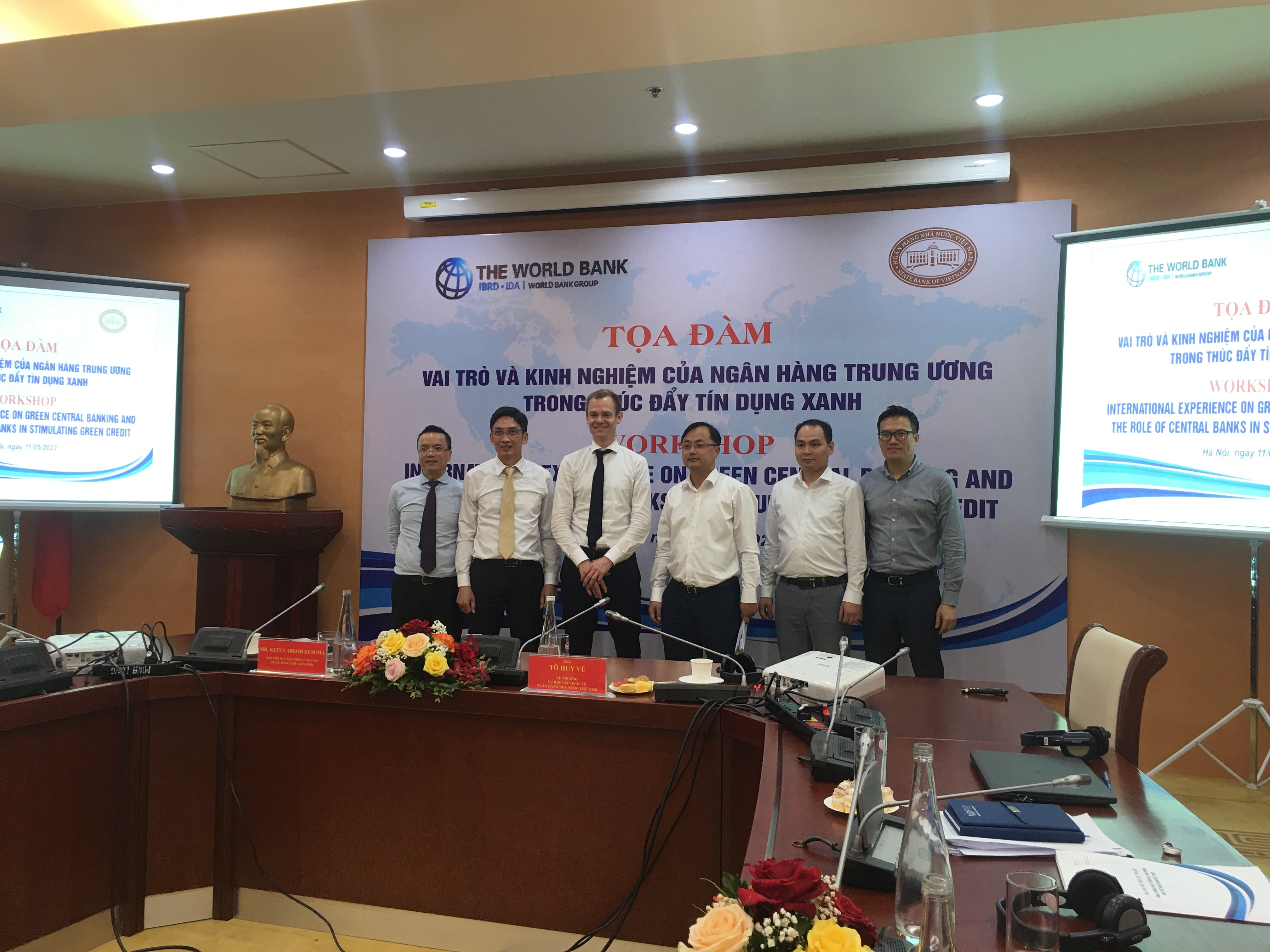 |
| Representatives of the State Bank, the World Bank and speakers at the seminar. |
The interest in policies to "pave the way" for green credit and green banking is not only taking place in Vietnam but also in many countries around the world. Professor Ulrich Volz, Center for Sustainable Finance (SOAS), University of London and German Institute for Sustainable Development (IDOS) informed that in 2023, the Bank of Thailand (BOT) issued information disclosure guidelines in accordance with TCFD, requiring systemically important domestic banks to disclose information before 2023; in Singapore, in 2021, the Green Finance Working Group established by the Monetary Authority of Singapore (MAS) issued detailed implementation guidelines on climate-related information disclosures of financial institutions...
To continue contributing to realizing the NetZero commitment by 2050, the SBV will improve banking and credit institutions in line with green growth goals; improve policies to support strong digital transformation in the banking sector such as digital infrastructure, digital banking products and services, contributing to promoting financial inclusion and sustainable development; provide training to improve the capacity of the Central Bank's policy-making staff on green banking, green credit and staff implementing green credit operations of commercial banks.
In addition, the State Bank also promotes international cooperation such as participating in forums on green finance and green banking to learn and share experiences in improving capacity to build, plan and implement green credit and green finance policies; actively negotiating to seek funding sources from domestic and foreign organizations to implement green credit activities, develop resource mobilization plans and draft terms of reference to support the implementation of JETP.
The Director of the Department of International Cooperation affirmed that international experience in building green credit policies and practical implementation is also very necessary to support the State Bank in researching, orienting and performing well the role of a central bank in promoting green credit growth.
Source link



![[Infographic] Key tasks of the tourism industry in the last 6 months of 2025](https://vphoto.vietnam.vn/thumb/1200x675/vietnam/resource/IMAGE/2025/7/13/b88287195e194b449e95457db170a92b)
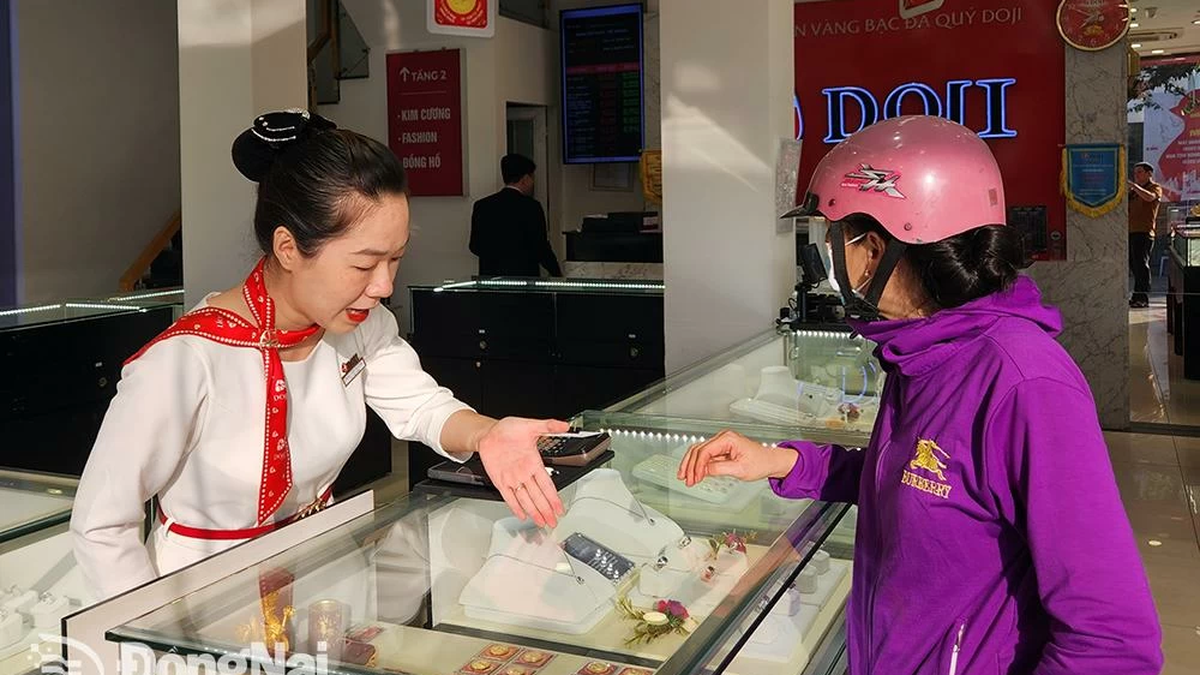






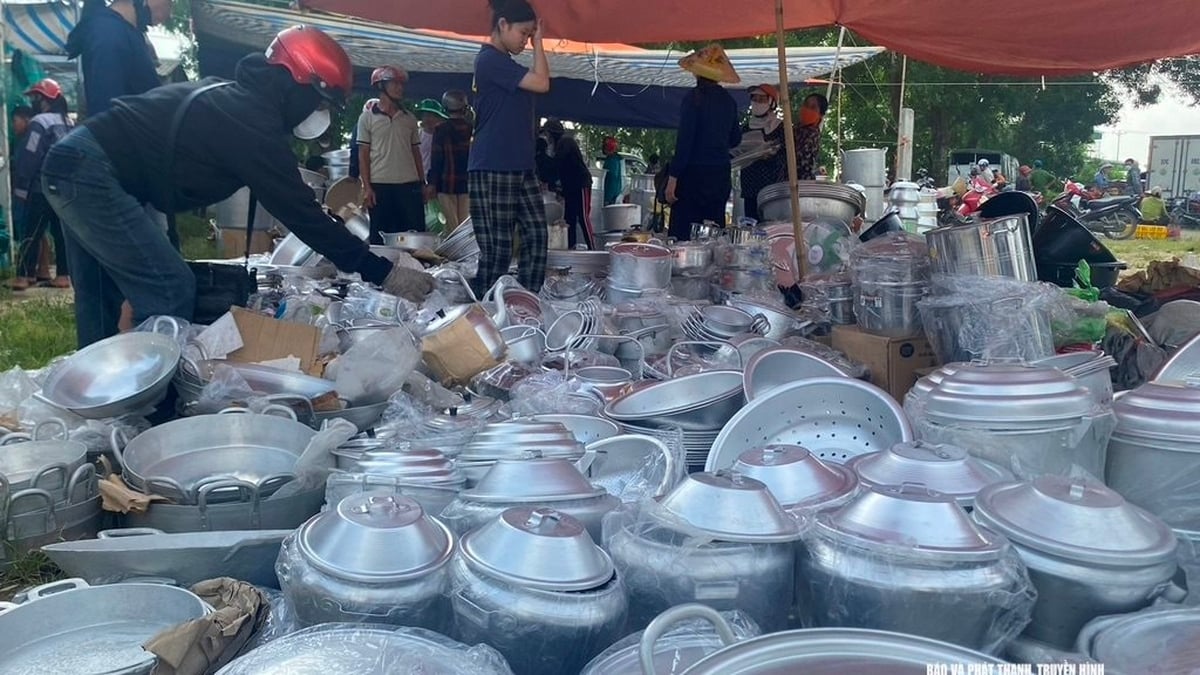








































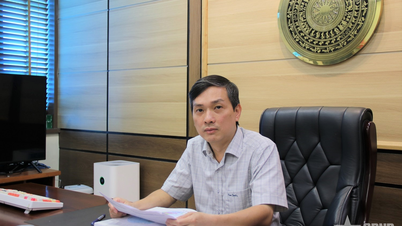













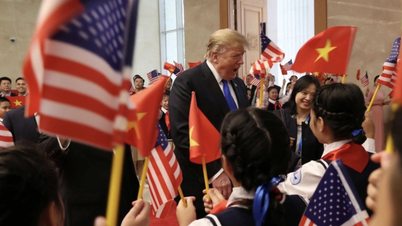

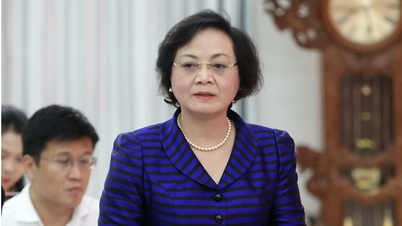


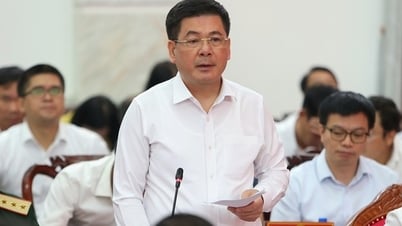


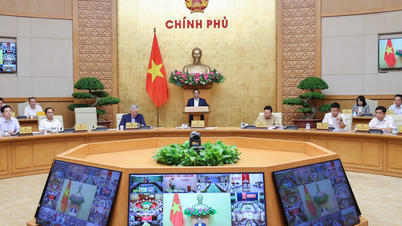



























Comment (0)